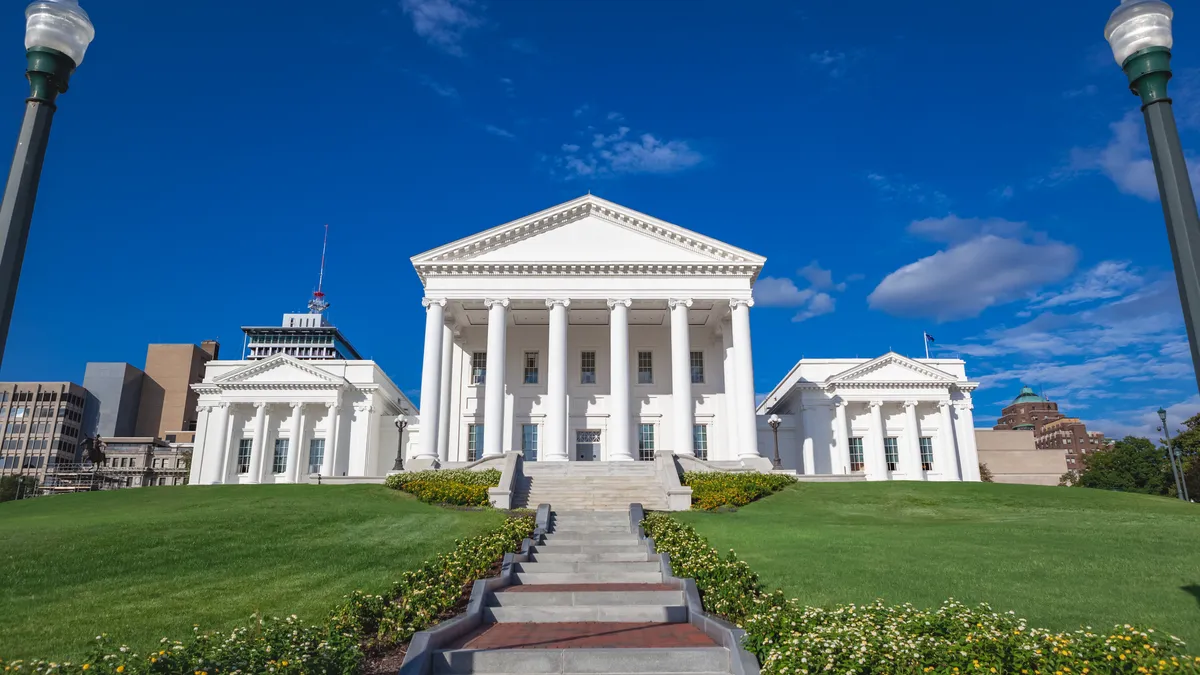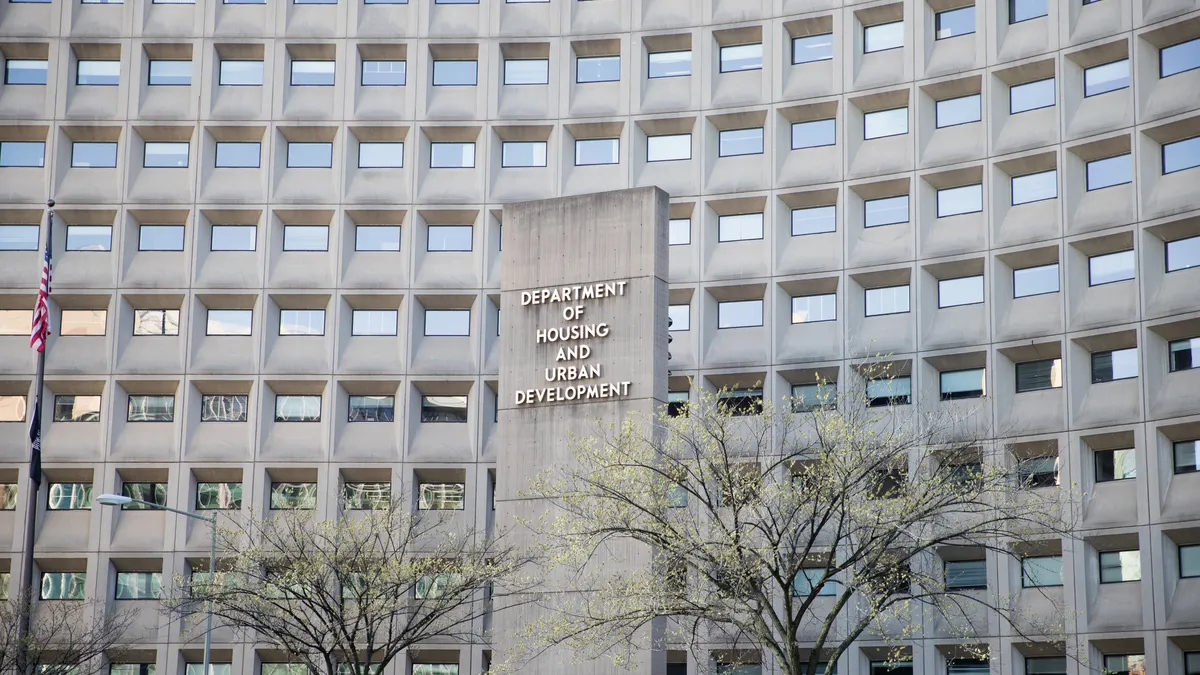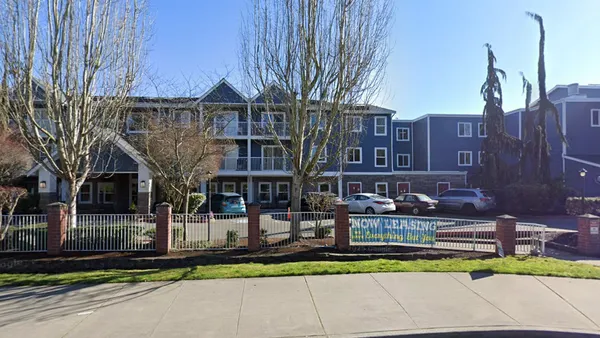Dive Brief:
- Virginia Gov. Glenn Youngkin, a Republican, signed two bills into law last month that set specific requirements for fee disclosures for landlords and restrictions on electronic transfer fees in the state.
- Under HB 967, residential landlords are now required to provide descriptions of any rent and fees to be charged on the first page of the written lease. In addition, above the list of fees, the lease must state that no fee can be collected unless it is listed on the lease or incorporated later by a separate addendum.
- HB 1519, which won’t be in effect unless reenacted in 2025, forbids charging transaction or processing fees for electronic payments. This applies across all payments made in the state, but the bill specifies that landlords may not charge processing fees for rent, security deposits or any other amounts payable by tenants.
Dive Insight:
The bills’ introduction in January followed the Federal Trade Commission’s announcement of a proposed rule to ban junk fees at the federal level, defined as costs that are not disclosed to customers before they begin a purchase.
Youngkin initially received the bills with a signing deadline of April 8, after which they would become law without his signature. He returned both bills to the Virginia General Assembly with the recommendation that the first enactment of HB 1519 not take effect unless reenacted in the next General Assembly session in 2025. In the interim, the State Corporation Commission would need to assess the potential effects of the new policy and report back to the state assembly in December. This recommendation was approved.
In the original edition of HB 967, landlords would have been required to spell out all fees that could possibly be charged to a residential tenant on the first page of the lease in bold, 14-point font, with a statement that no fees could be collected unless listed on the initial lease. Youngkin’s recommendation on this bill removed the font requirements and provided allowances for addendums.
If passed in its original form, landlords would not have been able to charge for services added to the lease at a later time, according to Patrick McCloud, CEO of the Richmond, Virginia-based Virginia Apartment Management Association.
“It brought in questions such as, what do you do if someone, halfway through the lease term, decides they want a parking spot?” McCloud told Multifamily Dive. “The way that language was worded in the original version of the bill, you wouldn't be able to charge for the parking spot.”
The version that Youngkin signed was in line with the association’s preferences for a law regulating fees, according to McCloud. “It’s relatively easy to have a list of all the fees that would comprise a lease on the first page,” he said. “What the governor's amendments do is clarify and make it easy for [addendums] to be handled.”
Bills in play
There are over 60 bills in play related to housing fees across the country at the state level, according to the National Apartment Association’s State Legislation Tracker. California recently banned junk fees at the state level with legislation set to take effect on July 1, 2024.
“We, of course, are very much supportive of disclosure and transparency of rental housing costs and fees or any other charges that a renter may experience throughout their tenancy,” Nicole Upano, assistant vice president of housing policy and regulatory affairs at the NAA, told Multifamily Dive last month concerning the Virginia bills. “But some of these proposals… just don’t align with what is actually happening out in the market.”
The effort to ban junk fees nationwide is one of a number of recent Biden administration actions that could impact the multifamily housing sector; others include gathering information on certain housing practices, such as tenant screening processes and rent increases, and the creation of a blueprint for a Renters’ Bill of Rights.










